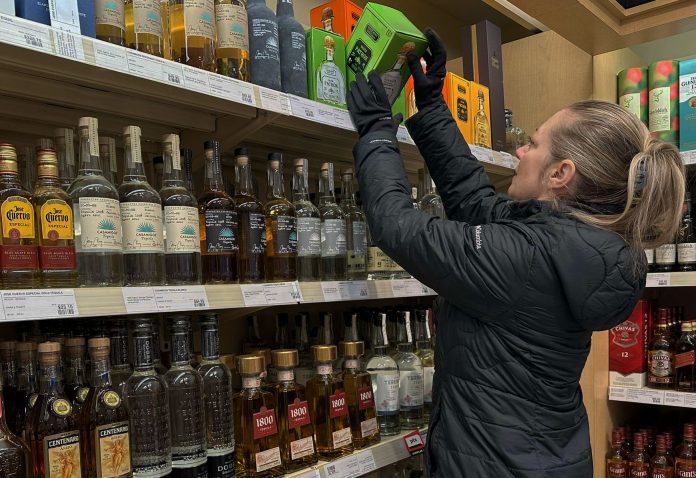U.S. health officials are pushing for mandatory cancer warning labels on alcohol, urging that all alcoholic beverages carry clear warnings about the risks of cancer. This initiative is gaining momentum south of the border, raising the question: Will Canada follow suit?
While Health Canada has made strides in educating the public about the health risks of alcohol, including funding studies like the Canadian Cancer Society’s research on health warning labels, it has yet to introduce cancer-specific warnings on alcohol products. A growing body of research has linked alcohol to several types of cancer, including breast, liver and throat cancer.
Health Canada has funded studies to assess the effectiveness of health warning labels on alcohol and has invested in public education and research to raise awareness of alcohol-related health risks. However, unlike tobacco and cannabis, both of which require health warnings, alcohol remains exempt from similar regulations.
Although Health Canada has not officially proposed cancer warning labels for alcohol, it has supported broader education efforts. In 2020, it invested $1.5 million in the Canadian Centre for Substance Use and Addiction (CCSA) to update national alcohol guidelines, which still suggest low-risk drinking levels. These guidelines remain in place while Health Canada continues to evaluate further steps, including the possibility of warning labels.
As Canada weighs its next steps, other countries are moving ahead. In 2023, Ireland became the first country in the world to require cancer warning labels on alcohol. This move reflects a broader global trend toward increasing transparency about the health risks of alcohol.
One key factor in Canada’s policy decisions may be the changing drinking habits of younger generations. A 2023 CCSA report found that 32 per cent of Gen Z Canadians drink less frequently than previous generations, citing health concerns and social media influence as key factors. As more young Canadians moderate or abstain from alcohol, they may be more receptive to cancer warning labels and other regulatory changes.
Jessica-Lee Bender, health promotion coordinator at Durham College’s Campus Health and Wellness Centre, believes that the U.S. approach could be beneficial for Canadians. “There’s not a lot of people who realize the connection between cancer and alcohol,” she said. “With new Canadian standards recommending no alcohol consumption, adding cancer labels could encourage more people to make informed decisions before purchasing alcohol.”
As Health Canada continues to evaluate its approach to alcohol-related health risks, it remains to be seen whether Canada will follow the U.S. and other countries in introducing cancer warning labels on alcohol products. Given the shifting public attitudes toward alcohol, especially among younger generations, there may be an opportunity to take a more proactive approach to public health and consumer education.




